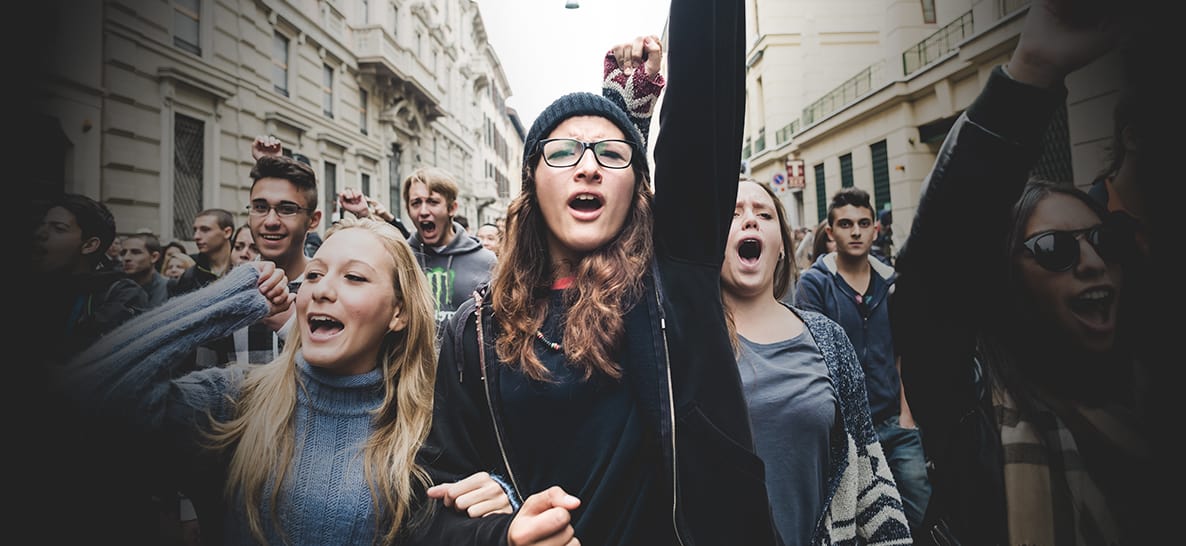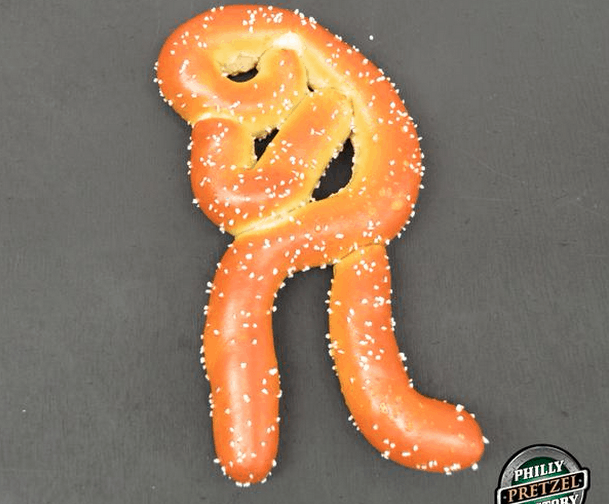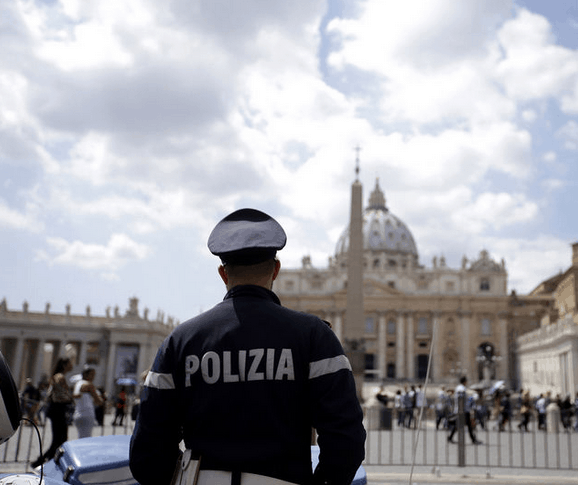
In an interview on NPR’s Fresh Air, author and former LA Times crime reporter Jill Leovy described what happened to a witness in a crime-ridden neighborhood. A few nights after gang members saw the witness at the scene of their crime, she woke up to banging on her window. She lay in bed for a long time as dark figures moved around her house, banging and banging.
In light of this dramatic context, can we talk about how the evangelical church has often used the word witness?
In many Christian circles, it has come to mean sharing our faith in Jesus to friends or strangers, urging them to make a decision for Christ. And I mean no disrespect for sharing the Gospel or evangelism, but when I think about what being a witness means for that woman in her house, when I think about what witnessing might cost her, I hesitate to use the word “witness” to describe handing someone a tract.
When Jesus calls us to be His witnesses to Judea and Samaria, and to the ends of the earth, He is asking us for more than some quick words and a three-point testimony.
He’s asking us to stick our necks out.
Just look at how Jesus Himself witnessed to people in life-and-death situations. When He was asked to condemn the woman caught in adultery, He first courageously addressed the injustice in front of Him. Before He told her to “Go, and sin no more,” He dispersed the religious authorities that wanted to stone her.
I wish I saw Christians going and doing likewise by addressing the injustice in front of them. But in the situations of injustice I’ve seen, too often church people have been bystanders, not witnesses.
My best friend in high school was repeatedly sexually assaulted by our youth pastor over the course of two years. A decade or so later, she found the name of most recent church that hired him.
Trembling, she called the senior pastor of that church, and told him her story.
Later, she’d tell me that he was super-kind on the phone. He told her there would be a full investigation.
After she hung up, she waited for him to call the references she’d provided as backup to her story. She waited for him to investigate.
That was years ago.
He didn’t make a single phone call.
Or take the response of some predominantly white churches after the deaths of unarmed African-Americans over the past few years. Though some have engaged, many white-majority churches don’t even mention deaths that tore at the hearts of their brothers and sisters in the African-American community.
But I’m not immune to this kind of willful blindness and deafness. For a decade, I ignored my conviction that God was calling me to attend a local Spanish-speaking, mostly immigrant congregation here in San Diego. I’m fluent. I’ve lived in Latin America. I knew I could understand the service just fine.
Why did I hesitate? Because immigration, class divisions and race relations can be ugly issues in my border town. I felt uncomfortable with even a modicum of engagement. It was easier not to witness how these problems affect my brothers and sisters in Christ.
I didn’t go until a friend called me on my dithering.
Attending the first service took me out of my comfort zone. But after a few years, that congregation has opened a part of my heart I didn’t know existed. It has been a relief to engage topics that ashamed me and to learn from people who don’t have a choice whether or not to witness the pain in their own community.
Ironically, I easily get self-righteous about the need to witness with steadfast purpose. But the truth is, I’m as much of a coward as anyone: I’m unsure how to be intentional. I’m frightened of the consequences of testifying to what I see.
But once you start witnessing injustice, you cannot stop. Once you see the faces of people telling unvarnished stories, once you start feeling real anger and rage about ugliness in this world, you cannot go back to being a bystander.
Hungering and thirsting for righteousness is a blessing, even if it makes you realize how very hungry and thirsty you are. You are starving. You are parched.
Hunger gives everything more savor.
But witnessing also gives us another gift. It gives us a window into worlds of bravery—“victims” who make us proud to be human. Learning from them is the prize.
In witnessing the resilience of brave victims of injustice, I’m seeing that courage gets easier with practice. I’ve seen that by muting my anger, I was also muting my joy. I’ve found that hidden in the merest engagement with injustice, Jesus is hunkered down, holding out a morsel of fish.
Blessed are those who stick their necks out. Blessed are those who move, baby-step by baby-step, away from ignoring injustice.
Blessed are the witnesses. And most blessed of all are the resilient people we witness: in Jerusalem, and in all Judea and Samaria, and to the ends of the earth.






















